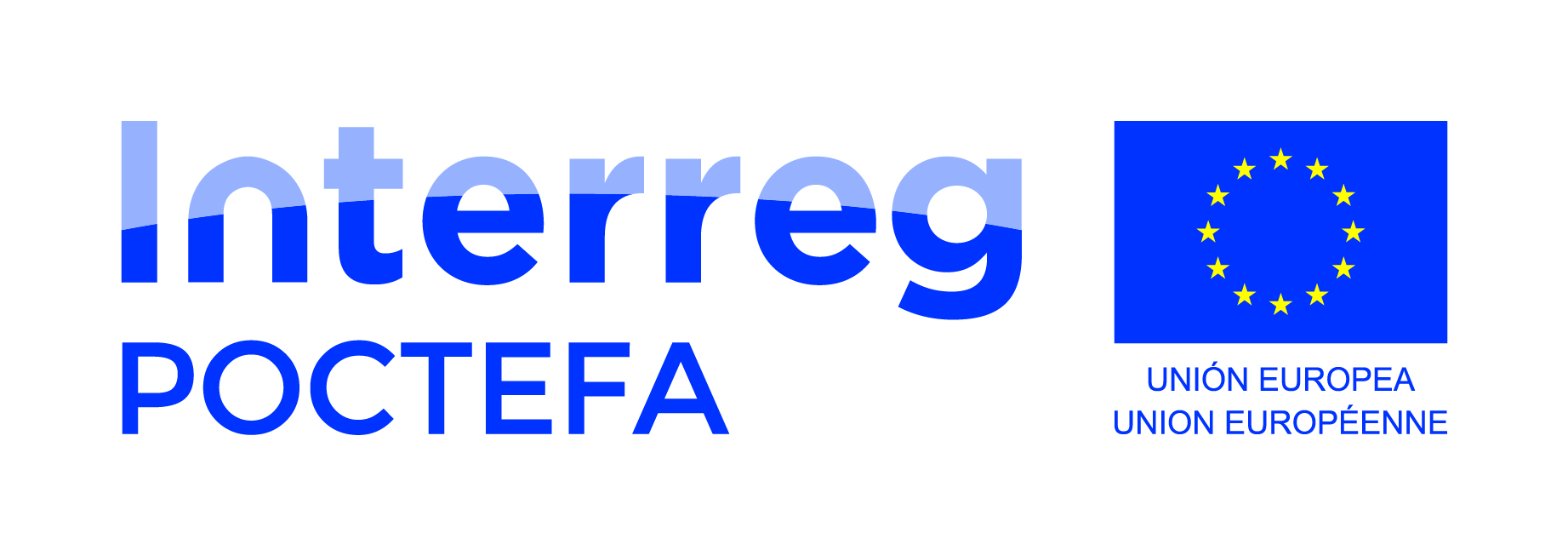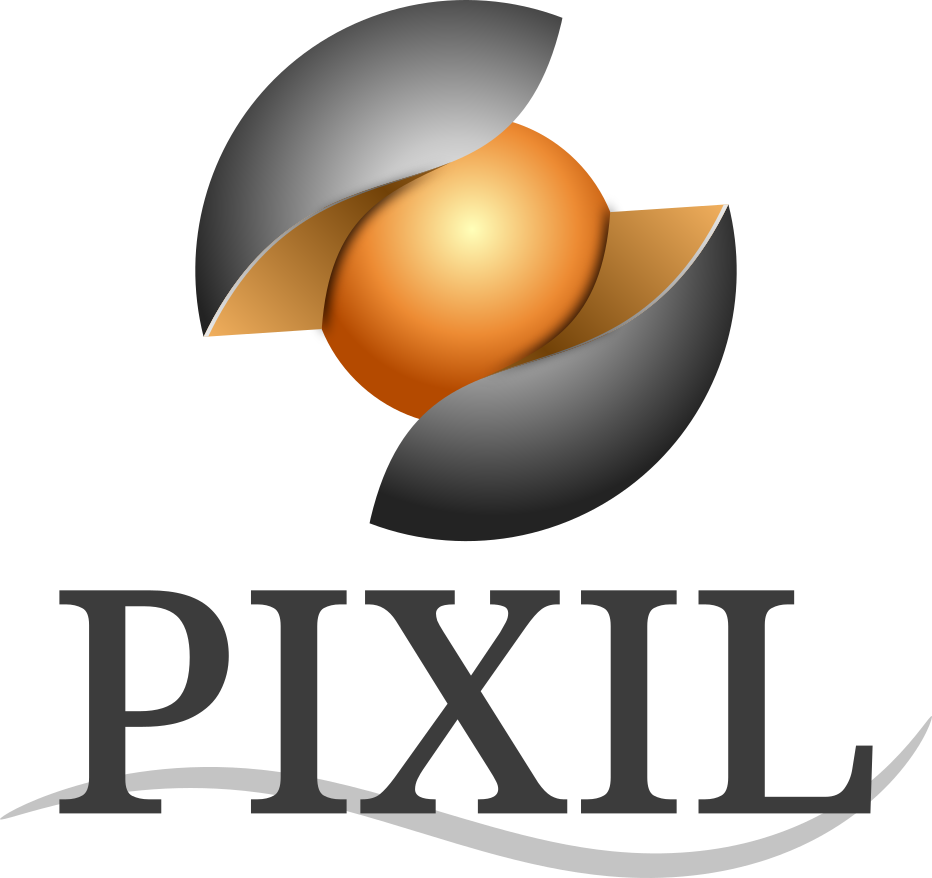Authors
Ali Hashemian, David Pardo, Victor M. Calo
Abstract
We use refined isogeometric analysis (rIGA) to solve generalized Hermitian eigenproblems (Ku=λMu). rIGA conserves the desirable properties of maximum-continuity isogeometric analysis (IGA) while it reduces the solution cost by adding zero-continuity basis functions, which decrease the matrix connectivity. As a result, rIGA enriches the approximation space and reduces the interconnection between degrees of freedom. We compare computational costs of rIGA versus those of IGA when employing a Lanczos eigensolver with a shift-and-invert spectral transformation. When all eigenpairs within a given interval [λs,λe] are of interest, we select several shifts σk∈[λs,λe] using a spectrum slicing technique. For each shift σk, the factorization cost of the spectral transformation matrix K−σkM controls the total computational cost of the eigensolution. Several multiplications of the operator matrix (K−σkM)−1M by vectors follow this factorization. Let p be the polynomial degree of the basis functions and assume that IGA has maximum continuity of p−1. When using rIGA, we introduce C0 separators at certain element interfaces to minimize the factorization cost. For this setup, our theoretical estimates predict computational savings to compute a fixed number of eigenpairs of up to O(p2) in the asymptotic regime, that is, large problem sizes. Yet, our numerical tests show that for moderate-size eigenproblems, the total observed computational cost reduction is O(p). In addition, rIGA improves the accuracy of every eigenpair of the first N0 eigenvalues and eigenfunctions, where N0 is the total number of modes of the original maximum-continuity IGA discretization.
Citation
Ali Hashemian, David Pardo, Victor M. Calo,
Refined isogeometric analysis for generalized Hermitian eigenproblems,
Computer Methods in Applied Mechanics and Engineering,
Volume 381,
2021,
113823,
ISSN 0045-7825,
https://doi.org/10.1016/j.cma.2021.113823



